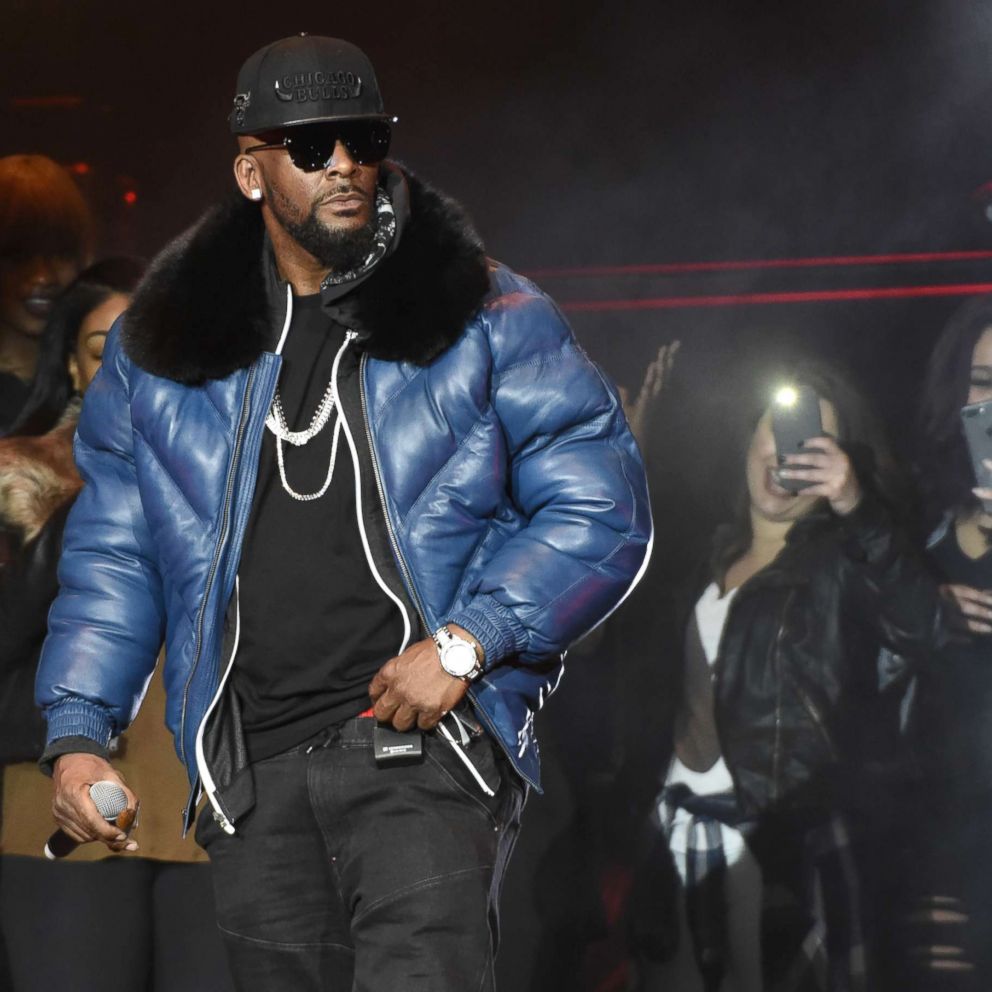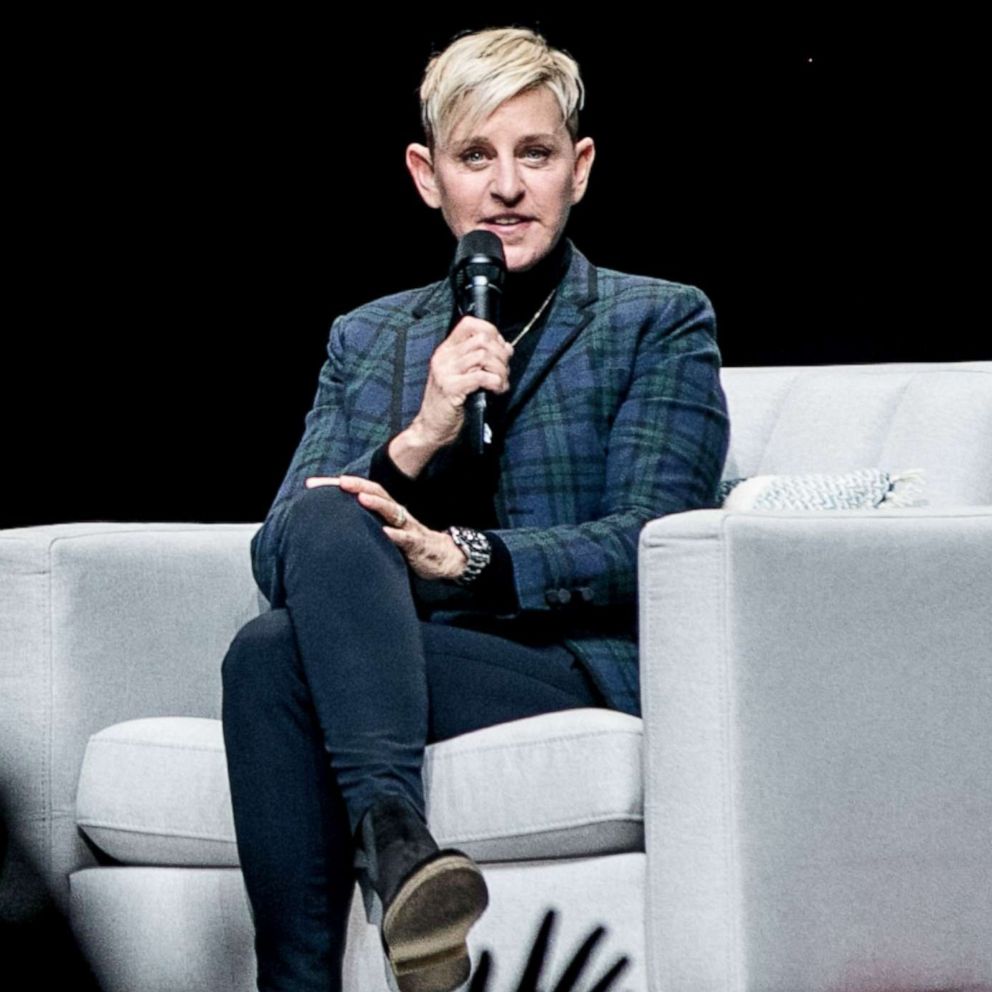University of Kansas promotes #MyCostumeIsNotMyConsent message for Halloween
The University of Kansas is making sure students celebrate Halloween in the safest way possible this year.
The school's Sexual Assault Prevention and Education Center promoted the hashtag, #MyCostumeIsNotMyConsent, in the days leading up to the holiday to remind students to be respectful of one another.
In a series of social posts containing illustrations and different costumes, the group reinforced this notion.
"When your date is Captain Marvel, no doubt you'll impress her when you show that empathy and emotional communication are some of your superpowers, too. #MyCostumeIsNotMyConsent," one post reads.
Jen Brockman, the Director of the Sexual Assault Prevention and Education Center at the University of Kansas, told "GMA" that the hashtag did not originate with their office -- it was first used by the University of Oklahoma years ago -- but they wholeheartedly support the message attached to it.
"It is something that has been utilized by other universities, and they really stepped up to this space of creativity to make those connection points," she said about the messaging, adding that it also stems from many conversations that have occurred across the country.
Brockman said that hashtag serves as, "an extension of a greater conversation about rape culture and the assumption that what someone wears causes harm to occur -- that somehow the costume that we're wearing invites offenders to cause harm against us, which is not true."
"It doesn't matter what costume you are wearing, consent is something that must be received through verbal consent," she added. "It must be ongoing, mutual and given enthusiastically throughout any time of the year, regardless of what someone is wearing."
The Sexual Assault Prevention and Education Center has also shared multiple posts regarding respect for other cultures on Halloween.
"It's never okay to wear Halloween costumes that disrespect or appropriate cultures that aren't our own. Don't be that person!" one reads.
Brockman said the the #MyCostumeIsNotMyConsent messaging not only addresses consent but also serves as an extension of the 'My Culture Is Not Your Costume' subject.
"[It] originated many years ago, stemming from marginalized communities speaking to the exploitation and appropriation of cultural spaces in Halloween-based costumes," she shared.
"That labor done by folks working with that messaging was the catalyst for the messaging that's been able to be created around #MyCostumeIsNotMyConsent," she added. "If they hadn't laid that foundation we would not be able to speak to the space we are today."
Another project it ties into? The university's "'What Were You Wearing?' Survivor Art Installation," created in 2013 with the University of Arkansas.
The viral installation featured survivors who shared what they were wearing when they were assaulted.
Brockman said that project, "speaks to a universal narrative of questions that survivors are asked, as if somehow the clothing they were wearing caused the harm to occur."
She revealed that the installation has been recreated roughly 1,000 times on six continents.







